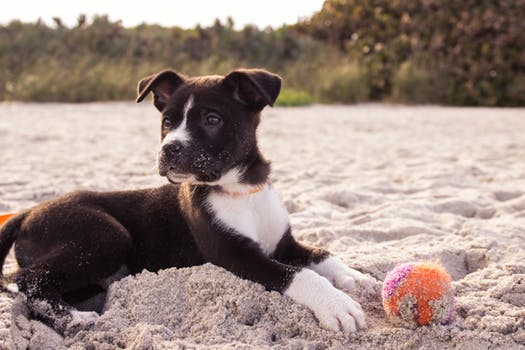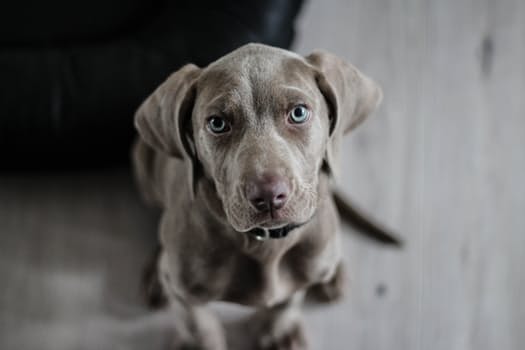Are you considering bringing a new puppy into your home?
Important things to consider before you make your decision:
- Are your premises secure?
- Is the whole family happy about your new acquisition?
- Have you considered other pets in the family?
- Are you prepared to put in the time, effort and a few sleep-disturbed nights?
- Are you prepared for some chewing, digging and cheekiness?
- Are you prepared to pay for regular vet checks, worming, flea treatment, de-sexing?
- Are you willing and able to give your dog regular exercise?
- Are you prepared to commit to your dog for the next 16 or so years?
If you have given all the above careful consideration, and have researched where your puppy will come from, you’re ready to welcome a new friend into your life!
Congratulations – may you have many years of happiness and fun together (and the odd chewed shoe!).

The thing about puppies is that as well as being adorable and mischievous, they require a lot of attention in the first couple of months of coming into your home.
7 Things to consider once your puppy comes home:
-
Do you have living and sleeping areas ready?
- Whether the puppy is to live in the house or in the yard, he needs an area to call his own. Two spots are ideal, one inside and one outside and a good supply of blankets and bedding will be necessary.
-
Have you purchased food and equipment?
- In addition to food and bedding, he will need food and water bowls, a collar, lead and brush. A daily brush not only keeps the coat in good condition but is part of the socialising and bonding process. A small, light collar and a light lead are essential in the early weeks to facilitate lead training
- Have you prepared your home?
- Make sure there are no gaps or holes in fences, no gates without proper locks. Also remember steps and stairs: can the puppy get under the house, or can he escape into the front garden or onto the street?
- Housetraining
- It is a good idea to take the puppy out every hour or so initially, but always immediately upon waking, after playing, after feeding, and before going to bed at night.
- Settling in
- Your puppy will probably take a few days to settle down at night as the puppy will miss his mother and litter-mates and is sure to cry, howl or bark when left alone. Do not shout at the puppy or smack him, and do not give into him. If you go to the puppy once during the night, he will howl again every time you leave him. A toy to cuddle up with or a ticking clock may well be appreciated and help the puppy settle.
- Love and Attention
- In the first few weeks, you must give your puppy your constant attention.
- He should be fed 3 times a day and taught to go to the toilet after his meal. He can’t be left alone for 10 hours a day.
- He can’t be taken out for walks until he’s had his vaccinations at 12 weeks of age. The final ones will be done at 16 weeks of age.
- So what do you do if you work full time and can’t be there in the middle of the day?
- You could ask a friend, a neighbour, or a family member to help
- You could nip home at lunchtime to check on your puppy.
- If these are not options for you, there are pet minding businesses like Lonely Pets Club who offer a Puppy Package where they drop in during the middle of the day to check on your puppy, feed him, play with him, cuddle him and take him to the toilet. It gives you peace of mind that your precious new family member is ok while you’re away.
- Enjoy your new Best Friend!
- a well behaved, well socialised dog will give you many years of companionship, friendship and loyalty.



